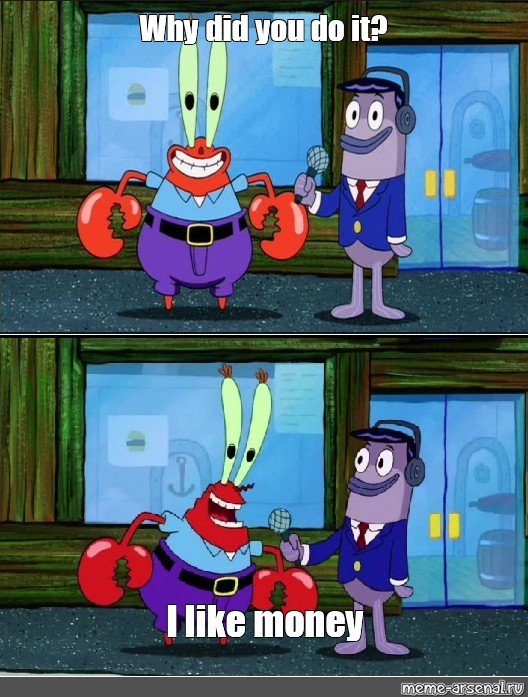You see, too many intuitively plausible assumptions about Russia are wrong. For example the one that the war will be exclusively fought with young men. It was in the beginning. Now however, they are actively recruiting in older ages, around 50 and even plus
https://twitter.com/judithbogner/status/1553403916276170752
Makes sense. Russia is ageing and depopulating country. There is not so much youth to start with. Theoretically you could have used massive human resources of much younger Central Asia. But for a number of reasons Central Asians are extremely unwilling to fight for Russia
That has nothing to do with regime or ideology. That has always been so. During the WWI, Tsar's attempt to mobilise Central Asians (simply for wartime labour) resulted in the massive rebellion of 1916. During the WWII, there was no rebellion. But the desertion rates were enormous
With Slavic population shrinking, the regime has to recruit anyone. Prigozhin is now touring prisons to recruit folk for the Wagner. "I'm one of you, I spent 10 years behind bars myself". They had to drastically lower the standards. They now don't even test recruits for drugs
From what I know, they now take very many older recruits, in their 40s and even 50s. That makes sense. Russia has lots of people with no money or perspectives. When you are 20, you hope one day it may change. When you are 40, you don't hope anymore
Why do they go into army? Money. My friend recently made a long trip through the Urals province. Two observations. First, there are no roads, only directions. Second, he didn't see a single Z or V patriotic poster. But recruitment posters offering 200 000 per month are everywhere 

They specifically recruit older guys who lost any hope and offer them huge monetary compensations. You probably can't even imagine how much money they pay by the standards of destitute province. And they accentuate *salary*, not some BS like fight on fascism. That's for Moscow
Regarding that video with parents of a soldier KIA buying a car on the coffin money. I get many messages that I didn't confirm that the episode with a car was shown only in province, not in Moscow & St Petersburg. If true, that means that's not a report. It is an advert. The end
• • •
Missing some Tweet in this thread? You can try to
force a refresh





